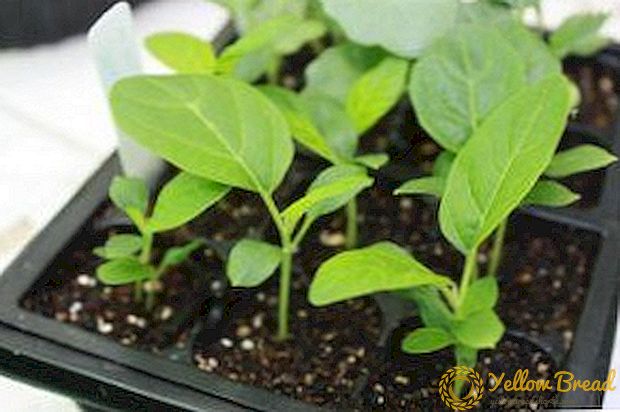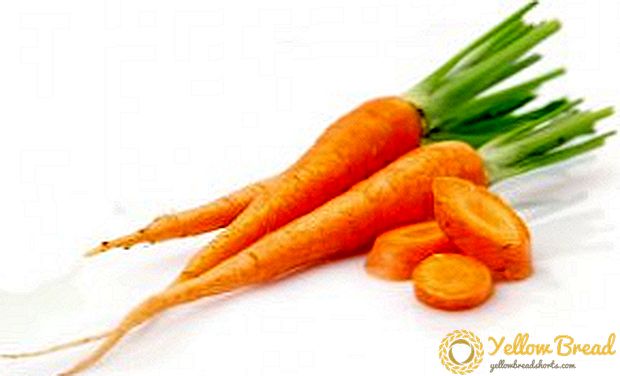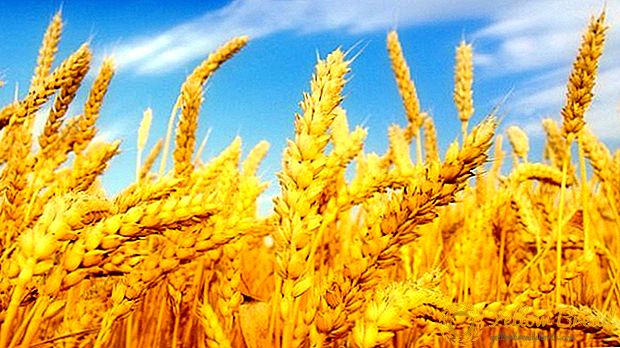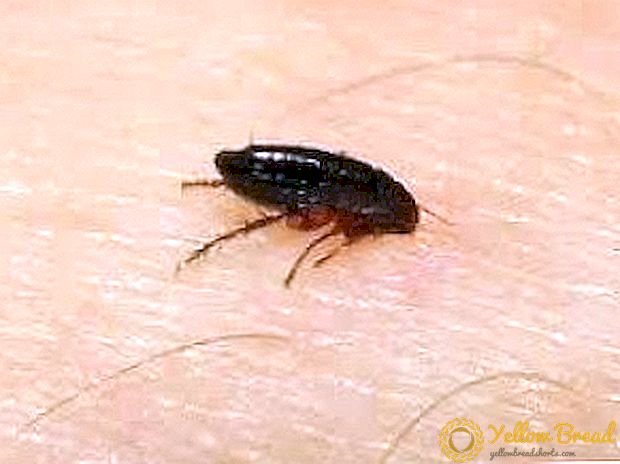
The quality of the potato harvest is very dependent on the choice of feeding. Experienced gardeners and farmers are well aware of the secret of better fertilizer, as well as preparing the land for sowing and increasing yields.
Potatoes are very sensitive to the lack of additional nutrients during tuberization.
In this article, we consider how, what and in what quantities it is best to fertilize potatoes.
Why fertilize land for potatoes?
The photophilous agricultural potato crop needs three elements - potassium, nitrogen and phosphorus. Most of the nutrients required by the potato during the formation of tubers and vegetation. The yield of this crop depends on the application of top dressing in the soil and on the proper preparation of this very soil.
Pros and cons of different types of feeding
If we talk about the pros and cons of feeding potatoes, then you should consider several factors.
- Organic fertilizers alone will not achieve good yields.
- When improving the quality of the soil with manure or bird droppings, it is highly likely to infect the entire crop with scab or grub of the May beetle.
- If you feed the soil exclusively with mineral fertilizers, over time this will lead to the inhibition of the plant and the "burning out" of the soil.
So when planting potatoes should be an integrated approach and use multi-complex feeding methods.
How to fertilize the soil in the spring?
Before you start planting potatoes in the spring, It is necessary to add a number of special means to the soil:
- urea (kilogram per hundred parts of the earth);
- nitrophoska (five kilograms per hundred);
- nitroammofosk (three kilograms per hundred);
- ammonium nitrate (kilogram per hundred parts of land).
What and how to make the hole before planting tubers?
During planting potatoes:
 Preparing the solution. Copper, boric acid and manganese are taken in equal parts by half a gram and dissolved in 1.5 liters of water. We lower the potato tubers into the solution and incubate for about three hours.
Preparing the solution. Copper, boric acid and manganese are taken in equal parts by half a gram and dissolved in 1.5 liters of water. We lower the potato tubers into the solution and incubate for about three hours.- In each hole we bring 250g of wood ash to a depth of 20 cm. After that, sprinkle a couple of centimeters of loose earth to prevent the roots of potatoes from getting burned.
- Mineral fertilizers to make 1 tbsp.spoon in the hole. Depth of landing makes no more than 6 cm.
- At emergence of shoots, in the first half of May, it is necessary to fertilize bushes with urea solution. Dissolve 30g of urea in 15 liters of water and add half a liter per well. With this we will strengthen the still underdeveloped root system of potatoes.
What are the feeding after planting?
After planting the potatoes in the ground will require two more stages of fertilizer - feeding. The first feeding should be carried out during the formation of buds, before flowering. For this:
- 20 g of wood ash is mixed with 30 g of potassium sulfate;
- diluted mixture in 15 liters of water;
- about one liter of solution is poured under each bush.
Once the buds are formed and the potatoes bloom, you will need to accelerate the formation of tubers. To do this, mix 2 tbsp. spoons of superphosphate with 250 ml of porridge manure and insist half an hour. We mix the ready mix in 10 liters of water and we bring in half of liter under a bush. No more need to fertilize potatoes.
When planting any crop you need to adhere to the main rule - do no harm. Remember that overfeeding is not necessary. This negatively affects not only the yield, but also the taste of potatoes. If you do not understand mineral fertilizers yet, give preference to common ash and manure. And over time, experience will come from the use of complex fertilizers, which will help to collect an excellent crop of potatoes from your site.

 Preparing the solution. Copper, boric acid and manganese are taken in equal parts by half a gram and dissolved in 1.5 liters of water. We lower the potato tubers into the solution and incubate for about three hours.
Preparing the solution. Copper, boric acid and manganese are taken in equal parts by half a gram and dissolved in 1.5 liters of water. We lower the potato tubers into the solution and incubate for about three hours.




